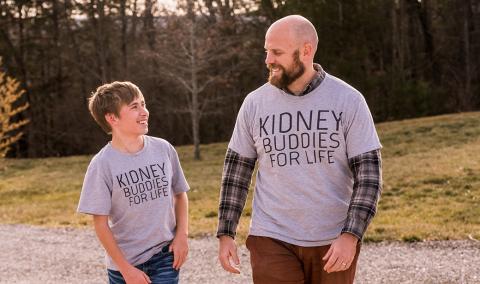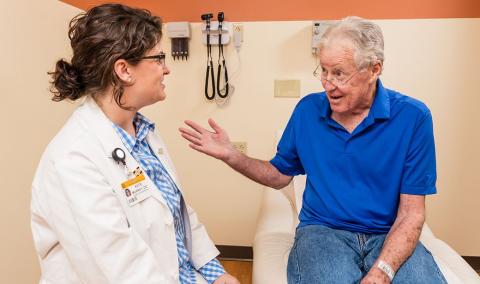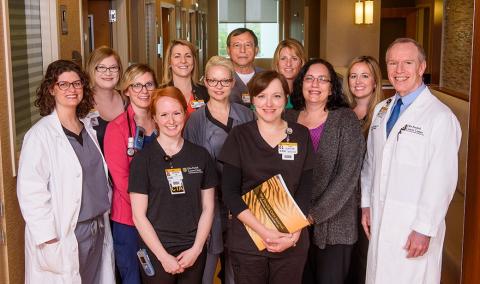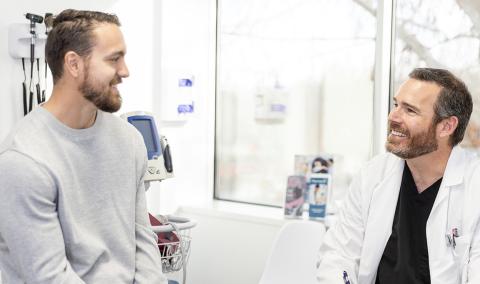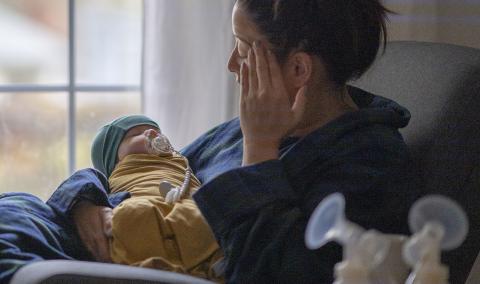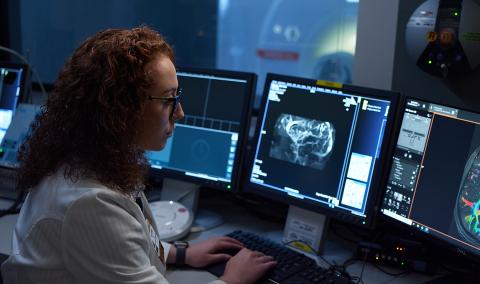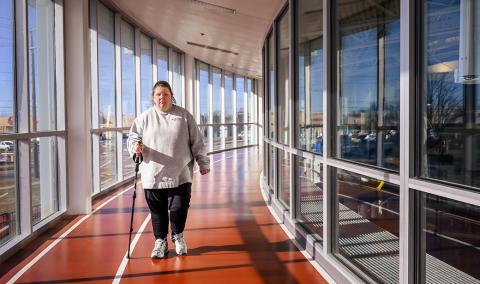University of Missouri Health Care’s highly experienced kidney transplant team has been providing lifelong support for adult and pediatric patients since 1972. With over 1,000 kidney transplants to date, our team of experts supports and guides you every step of the way and is constantly looking for ways to ensure you receive the best care.
Why donate a kidney?
Patients with end-stage renal disease have three options for treatment: dialysis, a kidney transplant from a deceased donor, or a kidney transplant from a living donor. Although a patient can remain on dialysis for many years, it’s not a cure for kidney
disease. In fact, 10 percent of patients on dialysis die each year while waiting for a kidney transplant. Advantages of a living kidney donor transplant:
- Wait times for recipients are reduced from years to months, potentially avoiding dialysis.
- Recipients have outcomes that are more predictable with kidneys from living donors.
- Kidneys from living donors have a better success rate and last longer than kidneys from deceased donors.
Who would be a good living kidney donor candidate?
The decision to become a living donor is made voluntarily, and the donor may change his or her mind at any time during the process with complete confidentiality. Living kidney donor qualifications:
- Between the ages of 21 and 60
- In good overall physical and mental health
- Free from uncontrolled high blood pressure, diabetes, cancer, certain infectious diseases, and organ diseases
Gender and race are not factors, and a matching blood group is not a requirement because it is possible to donate with mismatched blood through Kidney Paired Donation (KPD).
What are the risks of donating a kidney?
Life expectancy after donation is the same as that of people with two kidneys. A single kidney is able to meet the body’s needs. Because the safety of the donor is of the utmost importance, donors are tested and retested prior to surgery to ensure overall good health for the best possible outcomes. Living kidney donation surgery is considered a relatively safe procedure, but it is still a major surgery with potential complications. It is also recommended that female donors wait at least six months after donation surgery before becoming pregnant.
How long does it take to recover from a kidney donation?
Most donors are able to go home from the hospital less than seven days after surgery. About four weeks after surgery, donors generally report feeling tired but ready to go about normal activities. Donors may resume driving two weeks after surgery, and
depending on the occupation, donors can usually return to work in four to six weeks. For the first four weeks donors are restricted from lifting anything heavier than 10 pounds.
Who pays for donation surgery?
The recipient’s medical insurance generally pays the cost of a living donors evaluation, testing and surgery. The donor should not incur any medical expenses; however, time off work and travel expenses should be considered. Some donors may be eligible to receive financial assistance through a grant via the Missouri Kidney Program or other sources.




